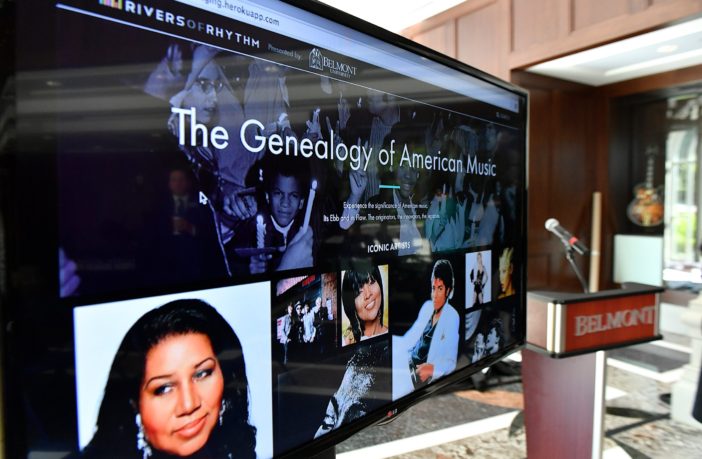Beyonce’ drops new music
When it comes to being calculated with her career, superstar Beyonce’ strategically dropped “Break My Soul,” the first single from her upcoming seventh studio album, “Renaissance.” Forgoing the usual Friday drop day for new music, the 40-year-old decided to release “Break My Soul” at midnight on the observed Juneteenth holiday, and right in the midst of Black Music Month.
“Break My Soul” is a dance anthem for anyone who has ever felt broken down by society but yet still is a survivor. “Renaissance” is Beyoncé’s first solo studio album since 2016’s “Lemonade.” “Break My Soul” is her first new song since 2021’s “Be Alive.”
Queen Bey strategically chose June, a month that is set aside to celebrate the contributions and influence of Black Americans in music.
‘Profound and powerful’
“Perhaps no music has had as profound and powerful an impact in shaping America’s musical score as Black music,” said President Joe Biden, who recently issued a proclamation. “For generations, Black music has conveyed the hopes and struggles of a resilient people – spirituals mourning the original sin of slavery and later heralding freedom from bondage, hard truths told through jazz and the sounds of Motown during the civil rights movement, and hip-hop and rhythm and blues that remind us of the work that still lies ahead.”
The National Museum of African American History and Culture credits then-President Jimmy Carter with creating the appreciation month in 1979, noting that it “celebrates the African American musical influences that comprise an essential part of our nation’s treasured cultural heritage.”
During a celebration for Black musicians at the White House in 1979, Carter, said at the time, “If we had had the Black Music Association organized 203 years ago, so that Benjamin Franklin and Thomas Jefferson and George Washington could have just heard some of this music at the very beginning, our country could’ve avoided a lot of trouble, a lot of heartache, and a lot of struggle, and a lot of suffering and a lot of division, and would be even greater than it is now.”
Carter credited Black music with exemplifying the pursuit of happiness and as an “avenue for understanding and friendship that has been effective when politicians could not succeed.”
Thirty years later in 2009, President Barack Obama renamed it African American Music Appreciation Month but many still refer to it as Black Music Month.
When people hear the term “Black music,” many assume it refers to hip-hop/R&B —currently the most popular genre in America, according to Billboard, with 28% of consumption, sales, and radio airplay. Black music, however, is not a genre, and one of Black Music Month’s goals is to communicate the breadth and history of Black artistry.
In his proclamation, Biden noted that “throughout the decades and across the country, Black music has fueled a myriad of genres – from rhythm and blues to jazz, gospel, country, rap and more.”



